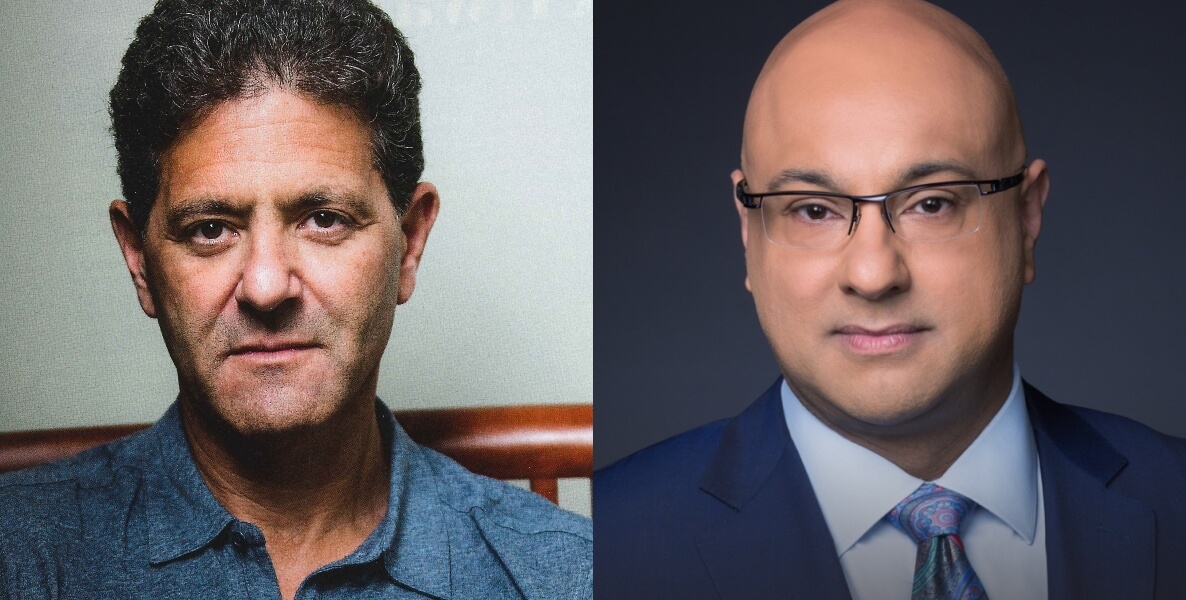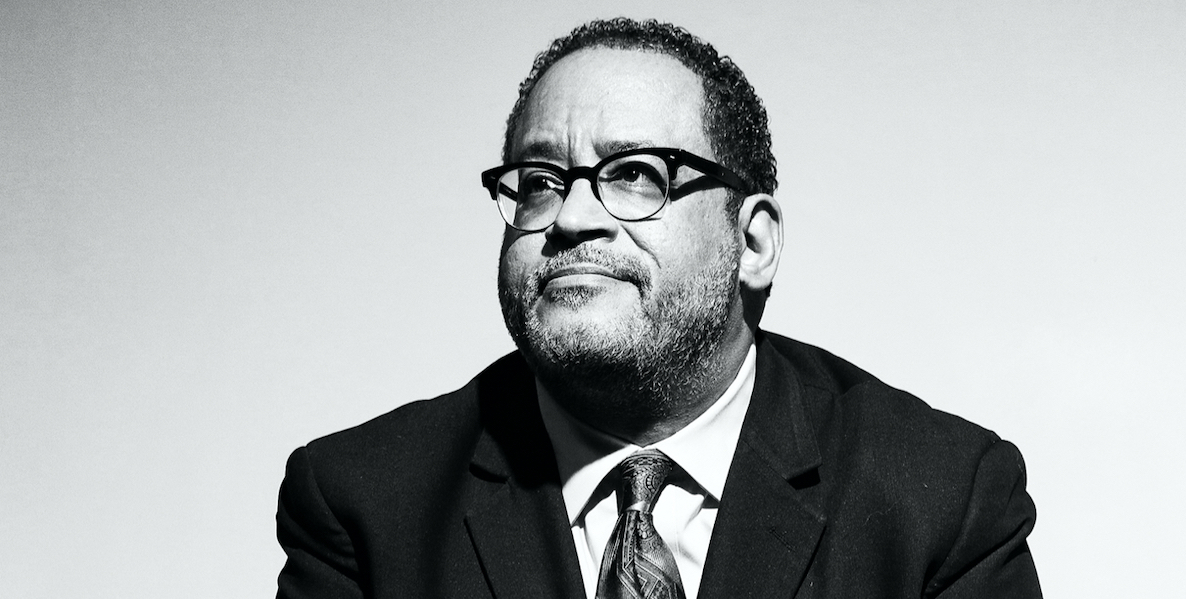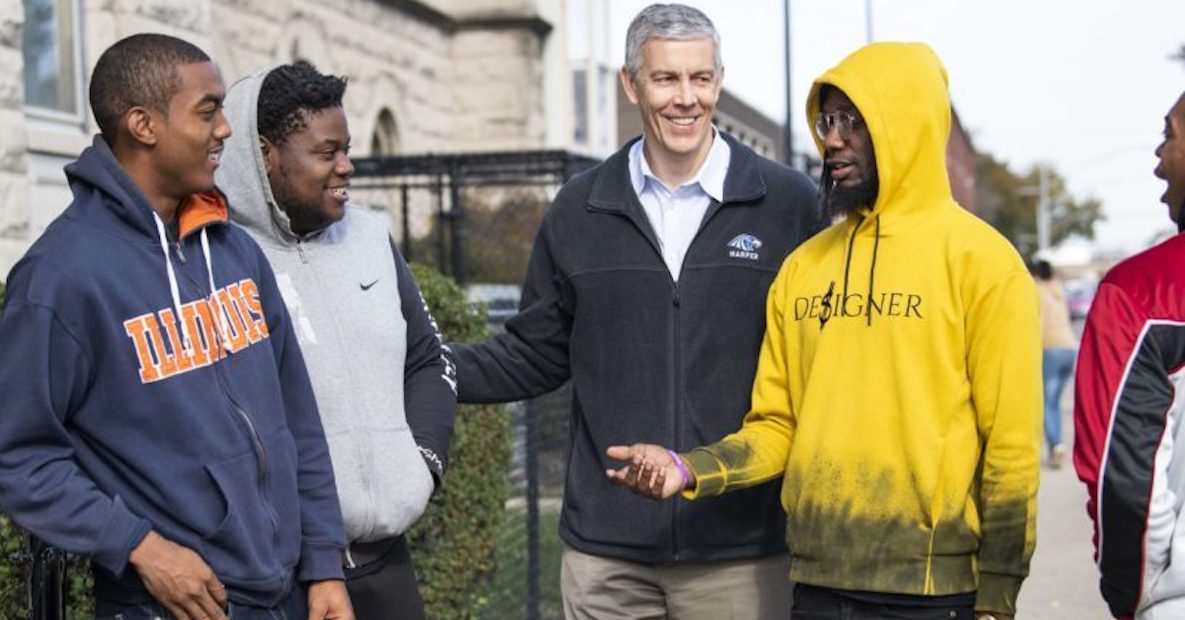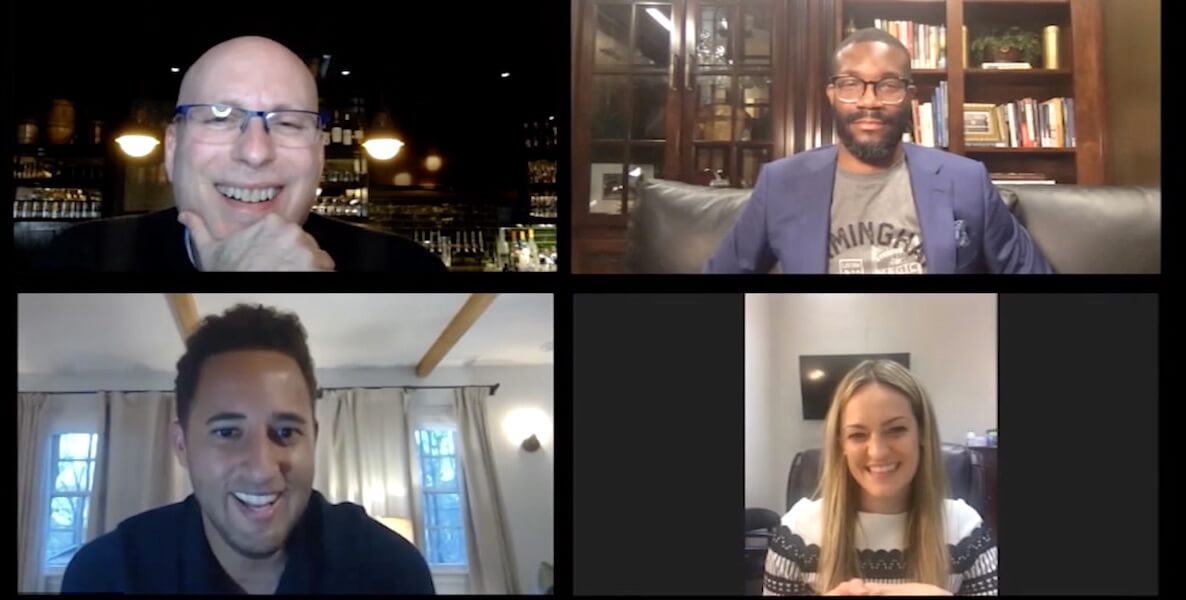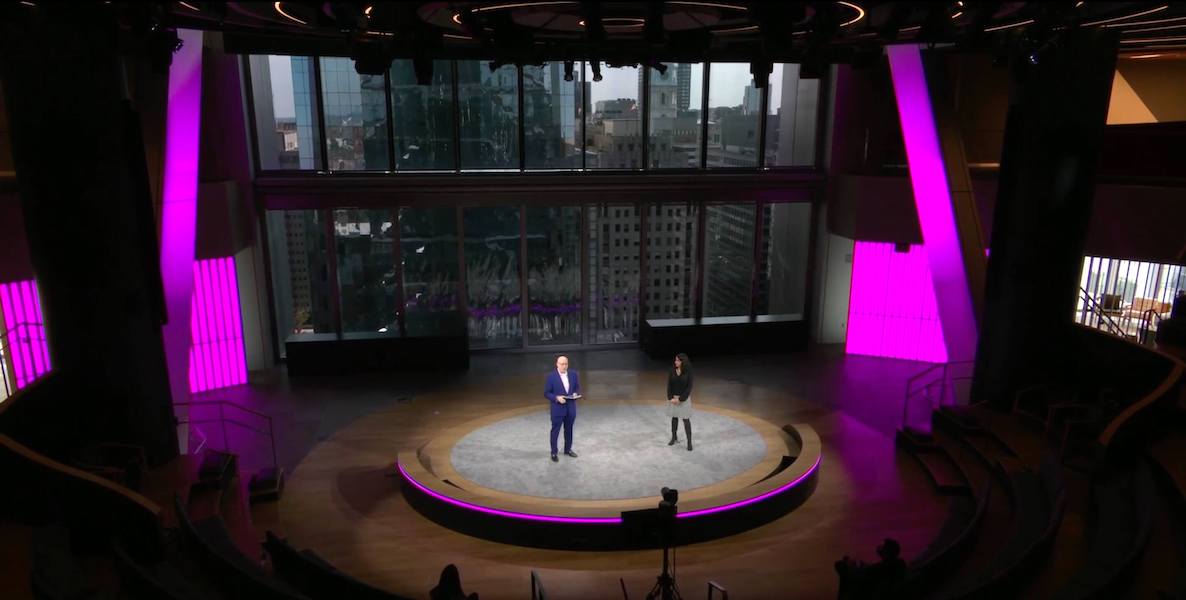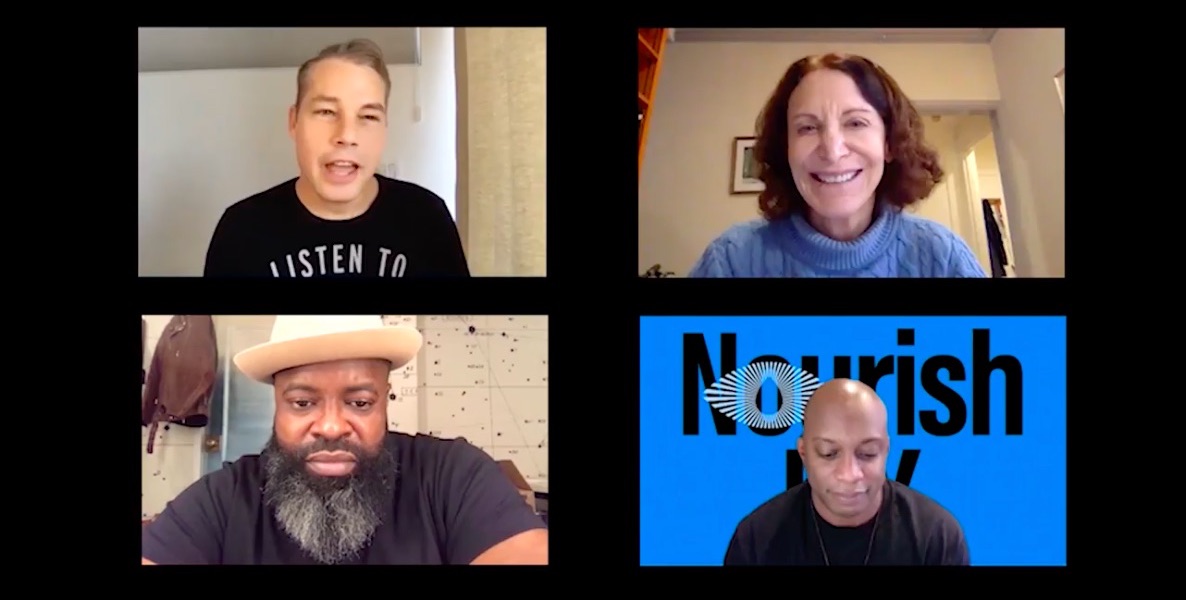Hope—in these troubling times—is sometimes hard to find. But it’s hope that was the prevailing sentiment at last night’s Week 3 of The Citizen’s third annual Ideas We Should Steal Festival—from the opening bars of Hill-Freedman Academy singers’ self-recorded single, “Things That Matter,” to the last words of Ithaca’s Mayor Svante Myrick, who leads from the knowledge that those opposed to progress are less strong, smart and powerful than those who are working to make change.
![]() There was hope in the way Liz Dozier turned around a struggling Chicago High School and is now serving that city’s youth through Chicago Beyond; in the way equity and empowerment result from looking and celebrating diversity in Buffalo and the boardroom; in the way the newest generation of politicians are paving a smarter path that makes for better cities—and citizens—all over the country.
There was hope in the way Liz Dozier turned around a struggling Chicago High School and is now serving that city’s youth through Chicago Beyond; in the way equity and empowerment result from looking and celebrating diversity in Buffalo and the boardroom; in the way the newest generation of politicians are paving a smarter path that makes for better cities—and citizens—all over the country.
And there hope was in the sense that any and all of the ideas we heard at the Festival could work here at home, to solve our problems and make Philly a better city for all of us.
There’s still time to join us for Week 4 next Tuesday, the final session of the year. And there’s still time to donate to RIP Medical Debt to help Philadelphians in need pay off their outstanding medical bills, and to vote for our inaugural Integrity Icon.
Check out here some of what we learned from our amazing lineup of speakers in Week 3.

1. Real sense comes from the mouth of babes.
Specifically, the voices of the Hill-Freedman World Academy singers, who opened the night with the title track of their new album, Things That Matter, whose chorus sums up a message (adapted from Martin Luther King, Jr.) we would all be smart to hear: “Our lives begin to end / The moment we become silent / About the things that matter.” Amen.
Do Something: Show up, speak out, live loud about the things that matter for youth in Philly. School board meetings are all open to the public, and now easily accessible via Zoom here, and are a forum in which you can demand better conditions for our students in and out of the classroom. (This month, you can take part in discussions about potential new members.) Also, check out the entire Hill-Freedman album—it’s astounding.
2. Innovation in education starts with reframing the whole way we look at schools and those who are in them.
Chicago Beyond’s Dozier put it this way to Comcast Executive Vice President Dalila Wilson-Scott, when talking about how she helped turn around a struggling high school in Chicago: “We switched the question from What’s wrong with you? to What’s happened to you?” That simple shift upended the way teachers and administrators approached everything from absenteeism to conflict resolution to academic achievement—which in turn upended the high school’s outcomes.
Do Something: Read Chicago Beyond’s “Why Am I Always Being Researched,” a guidebook for nonprofits and others trying to do good in underserved communities on how to ask the right questions, solicit the best answers and find solutions that work for the people who need them.

3. Race is not an intractable problem; it’s the solution to much of what ails cities.
Years of talking about, connecting over and solving the barriers to racial equity through the Greater Buffalo Racial Equity Roundtable created a citywide movement to fix what keeps some Buffalo residents from succeeding as much as others.
The result: A plan called Racial Equity Dividend Report, which has buy-in and effort from businesses, government, schools, nonprofits and community members. (This theme of collaboration came up last week, too, through a conversation about the Allegheny Conference.)
“The good news around system change is that we built these systems—so we can take them down and rebuild them,” Buffalo Foundation CEO Clotilde Perez-Bode Dedecker told her Philadelphia Foundation counterpart, Pedro Ramos. “That’s an empowering bit of information.”
Do Something: Watch Buffalo’s Great Opportunity video— try not to weep with enthusiasm and hope—and then read the report that lays out the city’s plan for racial equity.
4. Investing in diversity pays better returns.
That’s despite the fact that most of the venture capital in the world still goes mostly to white men. As Cleo Capital Managing Director Sarah Kunst—a venture capitalist in her own right–put it to Comcast’s Wilson-Scott and MSNBC host Ali Velshi: “Every filthy rich person in the world would be 20 to 30 percent filthier richer if they were investing in diverse teams.”
![]() The good news, according to Kunst, is that there are plenty of women and people of color-led companies out there—if you look for them. “It turns out that when you work really hard on reducing bias and making it very clear that all are welcome, you end up investing in a lot of everybody,” she said.
The good news, according to Kunst, is that there are plenty of women and people of color-led companies out there—if you look for them. “It turns out that when you work really hard on reducing bias and making it very clear that all are welcome, you end up investing in a lot of everybody,” she said.
Do Something: Kunst offered some tips for using capital for good, including hiring a woman or person of color to manage your money; buying from Black-owned companies like Reel, a sustainable toilet paper subscription service; and intentionally broadening the pool of applicants in your hiring process, to include women and people of color. (Having just two women in the mix, according to research Kunst cited, dramatically increases the chances of one of them getting hired.)

5. Mayors really do lead the way for the rest of America.
“There are three parties in America: Republican, Democrat and Mayor,” according to 33-year-old Mayor Myrick, a sentiment aptly illustrated by him and his fellow young panelists, 39-year-old Birmingham, AL, Mayor Randall Woodfin and 39-year-old Scranton Mayor Paige Cognetti.
All three are proving that the real work of politics, of solving problems for Americans, is done by mayors. For example: Myrick, recognizing a barrier for young parents to attend city meetings, instituted free childcare at Ithaca’s council meetings; Woodfin earned the wrath of, and a fine from, his state’s leadership by removing Confederate statues in Birmingham—but did what he and his constituents thought was the morally right thing. And Cognetti, an Independent, fought the machine to take office as Scranton’s first female mayor—a sign of much-needed change in her adopted city.
How do they fight the odds to be the leaders we need? Myrick offered this piece of advice for would-be mayors that is good advice for all of us, really: “The forces against you are not as deep as you think they are. They’re not as powerful, they’re not as smart, they’re not as strong.”
Do Something: Let our electeds know you are paying attention, and expect the service that should go hand in hand with the world class city Philadelphia can be. Attend City Council meetings (virtually) when they start up again next year; know your Councilmembers and how to reach them; make sure you’re ready to vote in the May primary.



